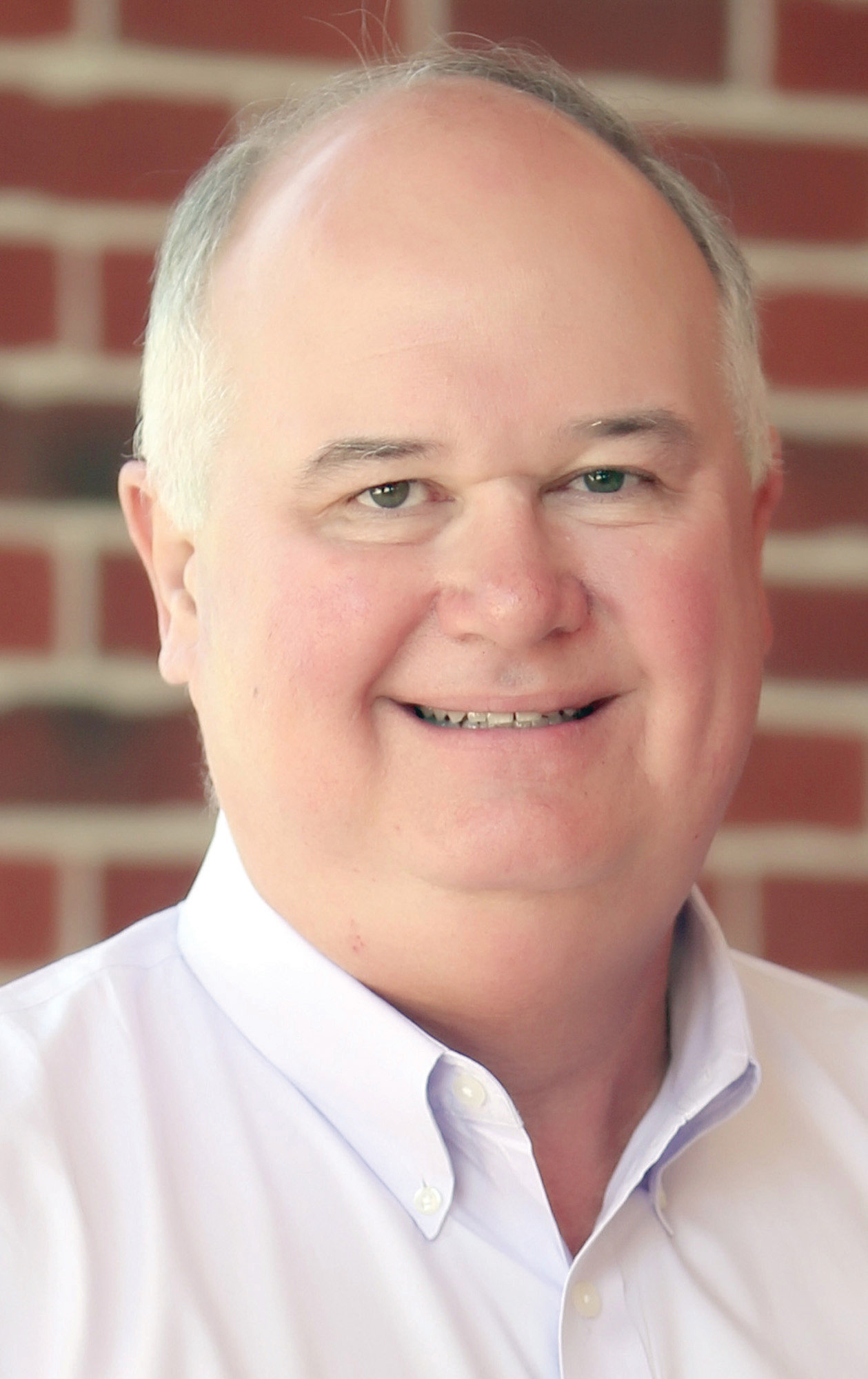The Rev. Dr. Clay Smith: In the image of God
Religion contributor
A well-known Texas pastor recently preached a sermon addressing the problems of America, including the immigrant crisis at the Texas border. In the sermon, he said the immigrants at the border were "undesirables," "garbage" and "raff." I had to look up "raff." It is an abbreviation of the phrase "riffraff," an old English expression meaning "rubbish."
I understand the immigration crisis is a real thing. I am not expressing a political opinion about what steps should be taken to solve this problem. I wish there was a bipartisan, compassionate solution.
What bothers me about this Texas pastor's remarks is I can't imagine Jesus labeling someone as garbage or rubbish.
This is my understanding of human beings. We are all created in the image of God. Every person, whether they are American, Chinese or Hispanic, is marked by God's fingerprints.
Because we all are made in the image of God, every human life matters. This is why we want to protect the unborn. This is why we do not euthanize those who suffer from profound disabilities. This is why we do not stereotype people based on nationality or ethnicity.
Though we bear the image of God, human beings are also profoundly messed up. Sin mars the image of God. None of us is who we are supposed to be. We take that which is holy in us and drag it through the mud. I suppose, in that sense, we are all undesirable, we are all garbage, we are all rubbish.
When I grew up, there was no garbage service. We had a trash pile in the back of the orange grove. All our trash, garbage and rubbish went there. When the pile was big enough, we burned it. Interestingly, one of Satan's names is Beelzebul, which means "Lord of the Flies." Our trash pile attracted flies like crazy.
Satan wants us on the trash pile. He thinks that is all we are good for. Every human life destroyed by sin makes Satan happy. We are nothing but rubbish to him.
This is the amazing grace of God: He looks at the trash pile of humanity and sees people worth saving. So he sent his son Jesus to the earth to die for our mess, our sin. Then Jesus came back to life after three days to provide the power we need to get off the trash pile and live the life we were meant to live, to live as children of God, made in his image.
I recently heard a speaker talking about Christianity in America. Working with marketing specialists, his research discovered that Christians in America are primarily known as angry, self-righteous, condemning and judgmental people. Then he asked us this question: "Was Jesus known for his anger, self-righteousness, condemnation and judgment?"
The answer, of course, is no. Jesus was known for love, grace, forgiveness, compassion and truth. How did we get so far off course?
The challenge for us is to see people the way Jesus sees them. We respect the image of God that is in each person. We love them as Jesus loves them. We confess our sin when we judge them. We do regular eye checks to make sure the logs in our own eyes are removed before we seek to remove the specks in other people's eyes.
I pray for a solution to the border situation. I pray for God to give wisdom to those who must make decisions and for those who must care for the people involved.
I also pray for my fellow pastor in Texas. From first-hand experience, I know I sometimes write and say things that are misunderstood. More than once, I've let my own passions carry me away from the gospel. I pray God will give this pastor wisdom about his words.
But this story reminds me to see everyone as Jesus sees them. I pray God will help me see his image in every person. I pray God will stop me from making fun of people different than me, of belittling people I disagree with.
One of the hardest commands Jesus gave us was, "Love your enemies; do good to those who persecute you." My enemy is someone who I perceive as a threat. What will probably help me love my enemies is remembering, "Greater is he who is in you than he who is in the world."
The Rev. Dr. Clay Smith is the lead pastor of Alice Drive Baptist Church in Sumter. Email him at claysmith@adbc.org.
More Articles to Read

